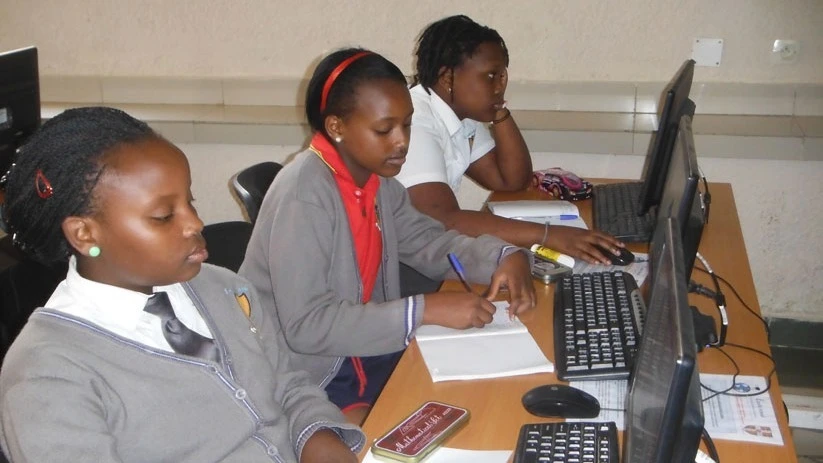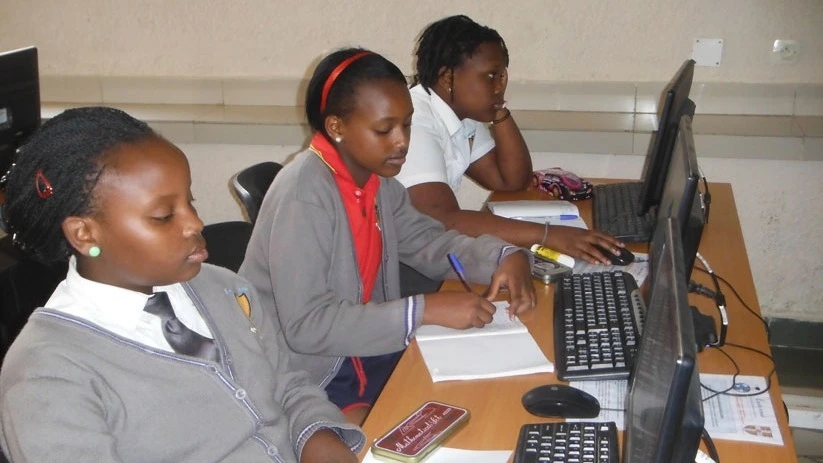Revision is crucial for mastering knowledge, help to improve teaching, learning process

Teaching is one of the professions with an exceptionally busy schedule. This situation demands that learners be punctual and committed to the learning process—something not all learners, especially younger ones, are capable of.
As a result, teachers are often under great pressure. It is evident that if teachers were to inspect each learner’s work during every lesson, the teaching and learning process would be delayed, thereby threatening the timely completion of the syllabus.
Some subjects are content-heavy and require the teacher to move quickly through lessons to complete the syllabus on time. Under such pressure, teachers often try to avoid any interruptions that could hinder progress.
To ensure things run smoothly, there is a need for a daily review period during which the teacher inspects learners’ work and takes appropriate action to improve performance.
Revision is a critical part of the learning process. It goes beyond simply going over notes; it involves actively engaging with the material to deepen understanding, strengthen memory, and improve academic performance
It helps move information from short-term to long-term memory. By revisiting material regularly, learners are more likely to retain what they’ve studied. During revision, learners can connect ideas, clarify concepts they didn’t fully grasp the first time, and see how different topics relate. This leads to a better overall understanding of the subject.
Familiarity with the content reduces anxiety and builds confidence. Learners who revise feel more prepared and less stressed during tests or class discussions.
Revision helps students discover areas where they’re weak or confused. This allows them to focus their efforts more effectively, either by reviewing again or seeking help.
While it is impossible for the teacher to inspect every learner in a single day, the review period offers an opportunity to identify a few learners who are struggling and in need of support.
Over time, the teacher will recognize individuals who require constant follow-up. This makes the review period particularly valuable for those learners. Such an arrangement will help the teacher manage time effectively and, ultimately, achieve the expected outcomes.
Some teachers attempt to use break time to address struggling learners. However, this approach may not be sustainable, as both learners and teachers need rest to recharge for subsequent lessons.
A better strategy is to include such responsibilities in the timetable, making them official and easier to implement. This activity should not be treated as an extra task but as a normal and integral part of the teaching process to ensure its effectiveness.
There is no doubt that effective teaching and learning require regular evaluation, allowing both teacher and learner to stay informed about what actions need to be taken to achieve better results.
When weaknesses are identified early and the right measures are taken in a timely manner, the likelihood of improvement is high. This reinforces the need for a daily review period, ideally scheduled at the same time across all classes to streamline inspection and instruction.
Young learners, in particular, require frequent follow-up, as they often neglect tasks unless constantly reminded. The review period helps foster responsibility and accountability among learners, easing the teaching process and allowing for a smoother pace in syllabus coverage.
When well implemented, the review period can greatly enhance the teaching and learning process by offering several benefits:
Teachers can use this period to finish marking tasks that could not be completed due to a packed teaching schedule. On days with back-to-back lessons, it becomes difficult for teachers to finish all teaching-related duties.
The review period can help resolve this challenge, supporting a more organized and effective teaching process and increasing the chance of achieving set goals.
As teachers identify learners facing challenges, the review period can be used for academic counseling. Some issues are best addressed through personal conversations. This period provides a chance for teachers to engage with learners in a more personal way, boosting their confidence and motivation.
To facilitate effective learning, teachers must understand their students deeply. This includes gathering enough information to design a supportive learning environment that encourages better performance.
Teaching and learning should be a collaborative and friendly process, not one that creates hostility. Learners need a calm and ready mindset to absorb what is being taught. Teachers have the responsibility to foster this atmosphere.
Levels of determination vary greatly among learners. Some students require constant supervision or guidance to complete tasks. The review period gives teachers time to monitor learners’ progress, helping reduce or eliminate incomplete work.
Incomplete assignments are frustrating for both teachers and parents. The review period can address this problem, improving results and satisfaction among all parties involved.
To be effective, teachers must regularly evaluate their own performance. The review period offers time for teachers to assess their teaching strategies and identify areas needing improvement. Evaluation is essential for progress—we improve what we reflect upon. In this sense, evaluation becomes vital to achieving success in teaching and learning.
Evaluation also helps both teachers and learners understand what actions are necessary for improvement. Given the tight teaching schedule, it may be difficult for a teacher to attend to every learner.
Therefore, it is important to allocate time specifically for evaluating the teaching and learning process. Without evaluation, teaching may not yield the desired results, especially as many young learners lack self-discipline. In essence, teaching must include a structured review.
Top Headlines
© 2025 IPPMEDIA.COM. ALL RIGHTS RESERVED

























